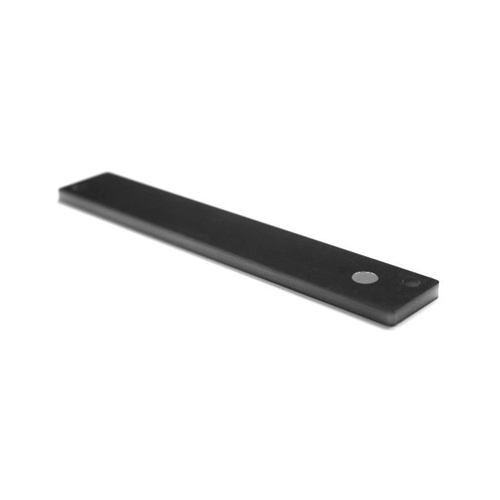Understanding RFID in Construction Equipment Tracking
RFID is a wireless communication technology that uses radio waves to identify and track objects equipped with RFID tags. In the context of construction equipment tracking, RFID tags can be affixed to individual pieces of machinery, and RFID readers or antennas are strategically placed at various points, such as entry and exit points of construction sites. This setup enables automated and accurate tracking of equipment throughout the construction project.

 +1 888 655 8029
+1 888 655 8029







